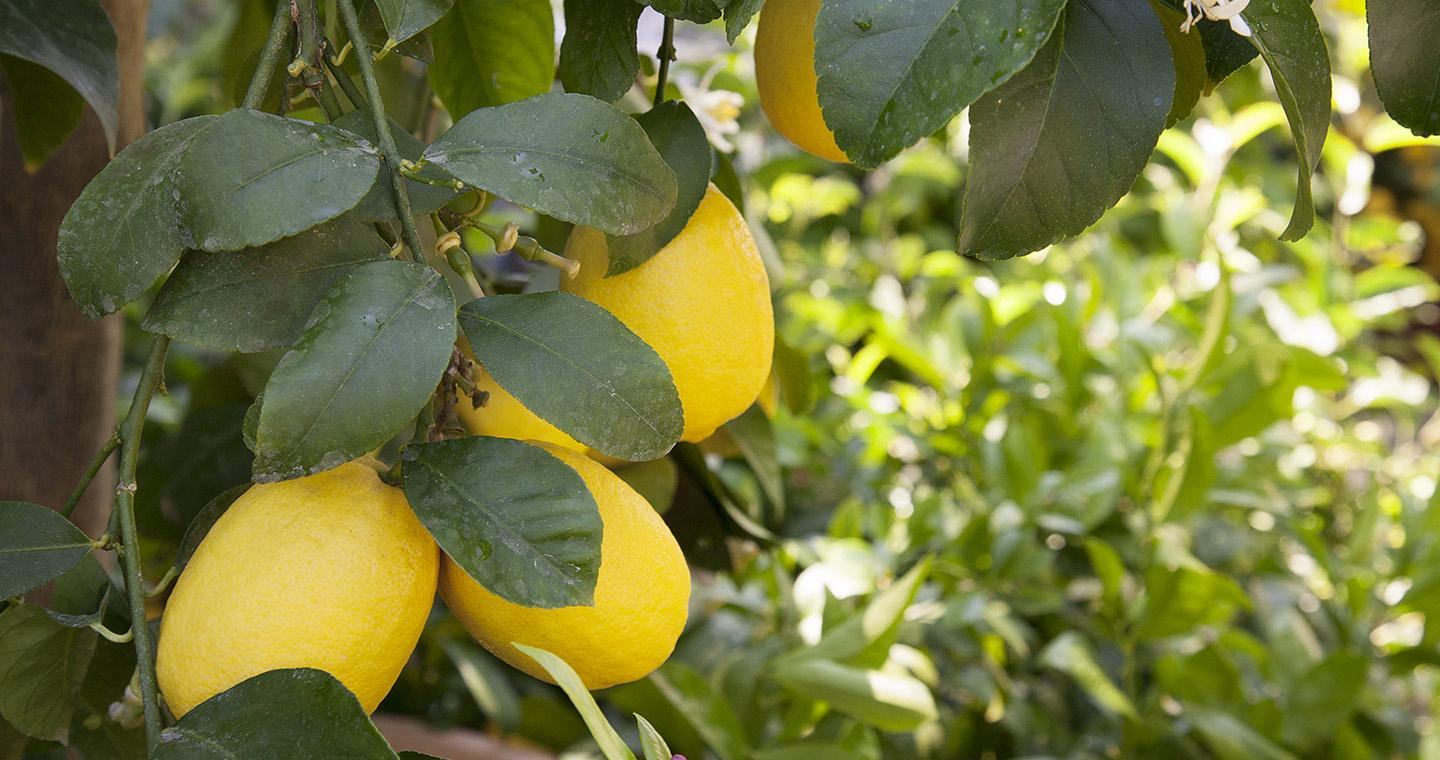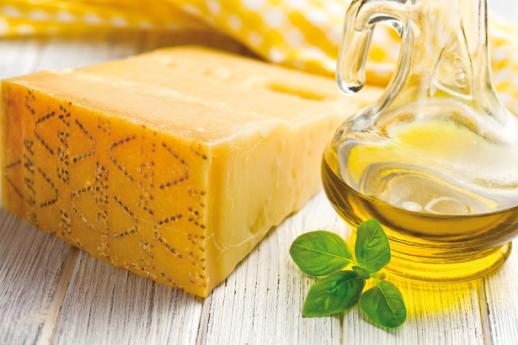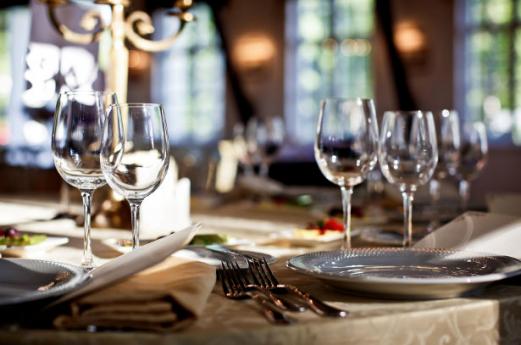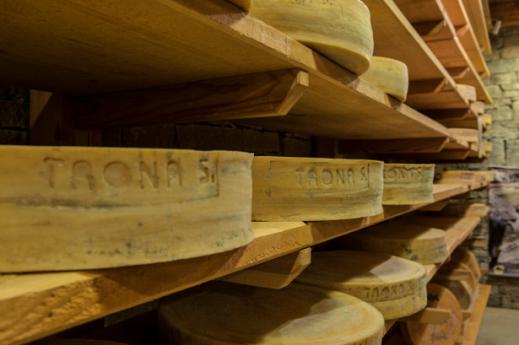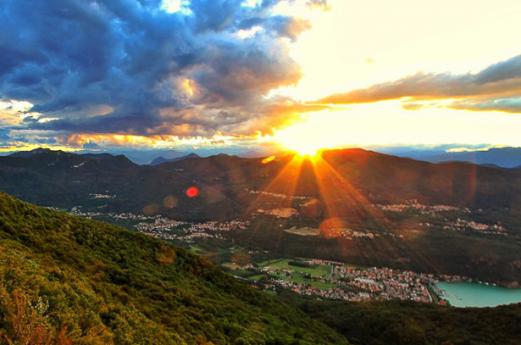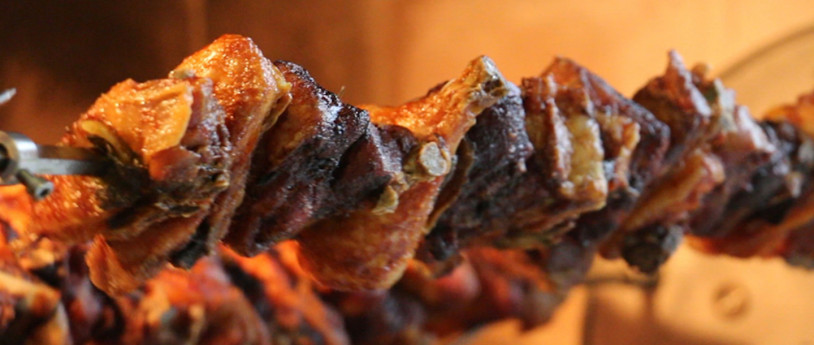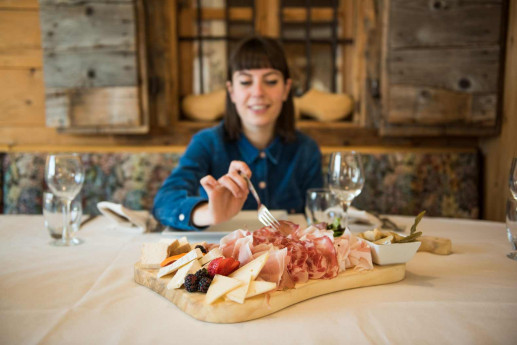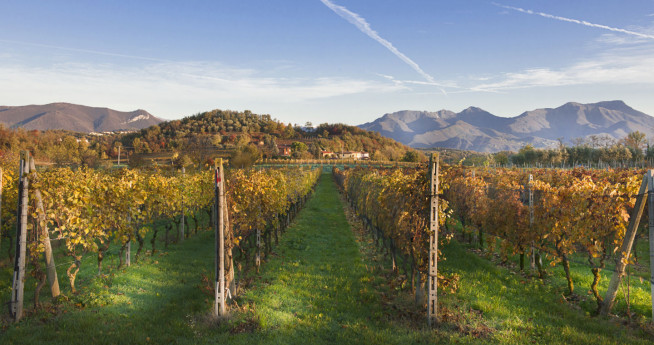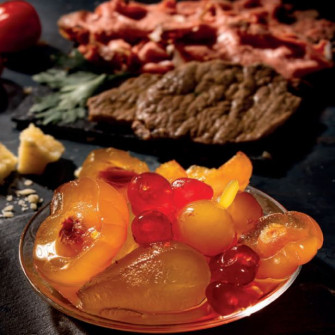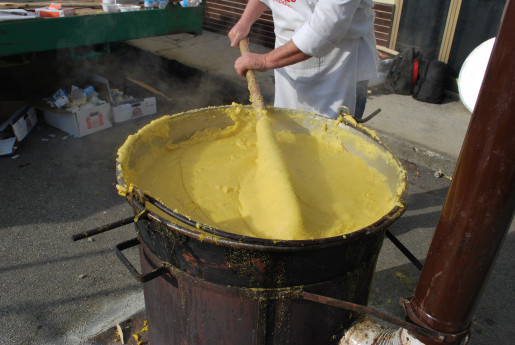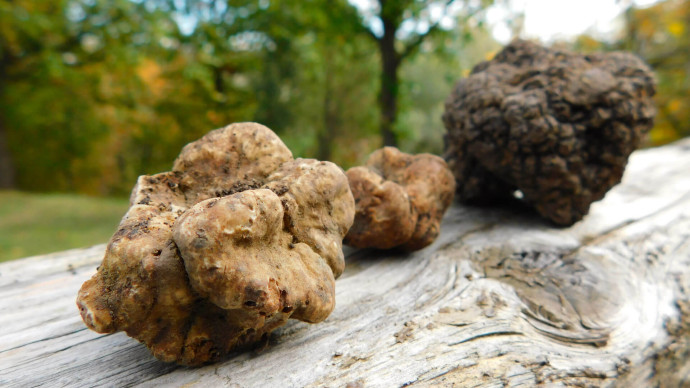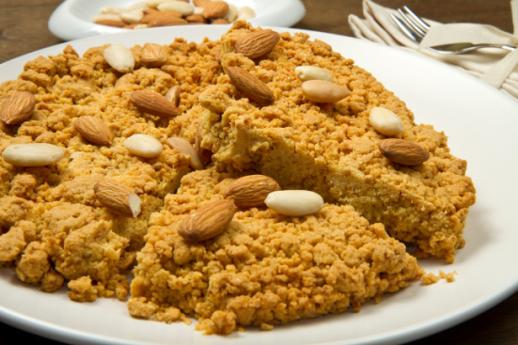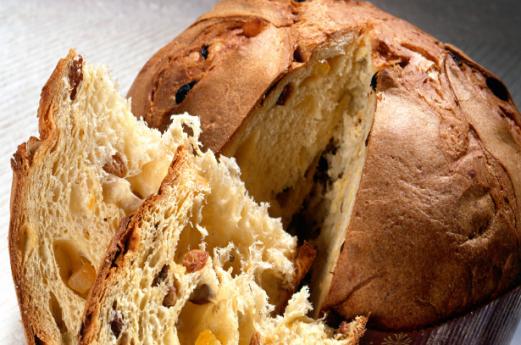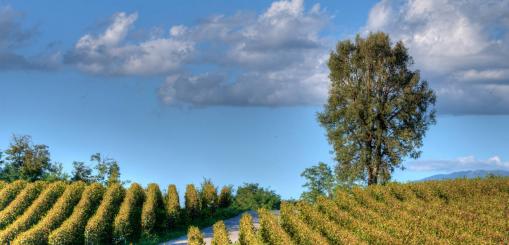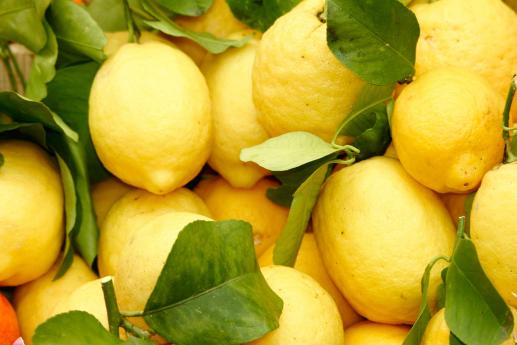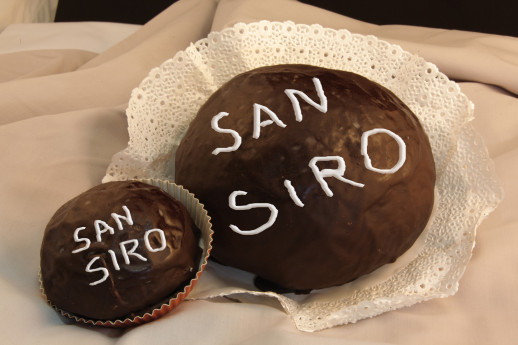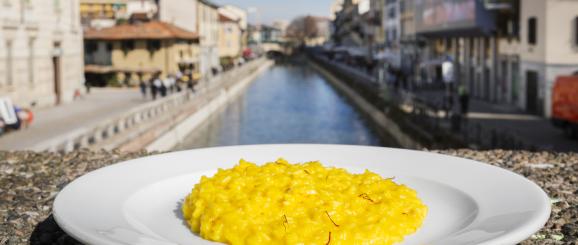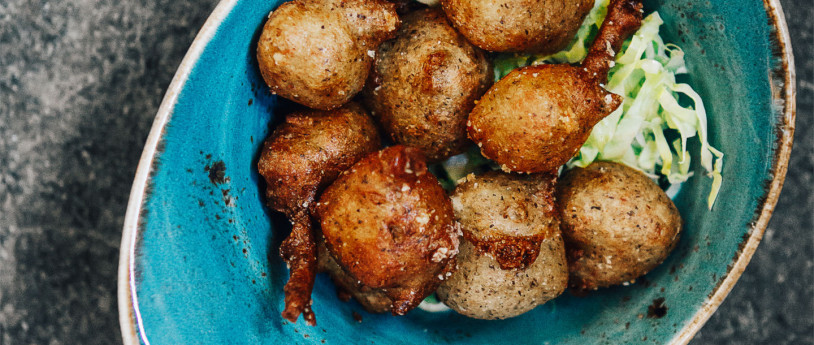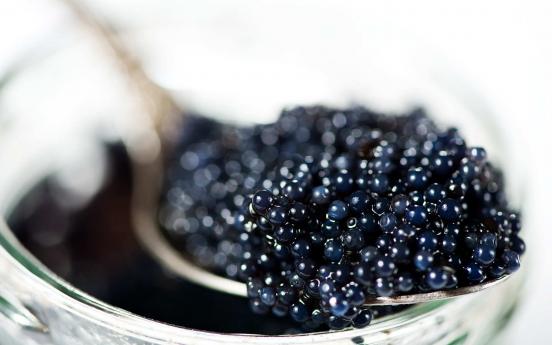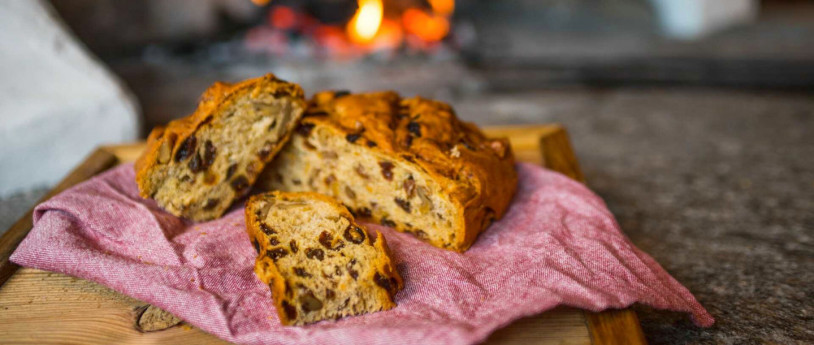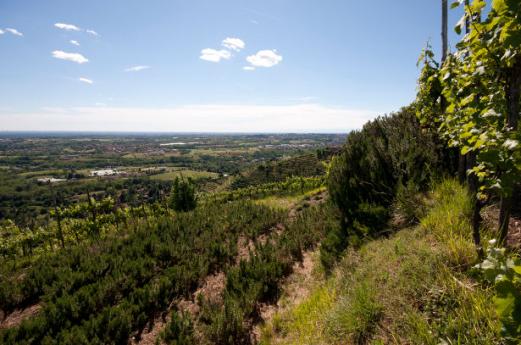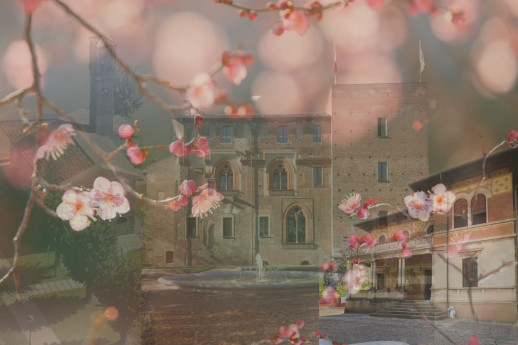- Food & Wine
Lake Garda, olives and lemon houses
Calm waters and mountains landscapes, olives and lemon houses, an exceptional extra virgin olive oil
Playfully known as “the most beautiful ocean in Italy”, Lake Garda sits at the foot of the mountains and enjoys a mild climate, with poets’ villas, lemon houses and ancient recipes waiting to be discovered
1. Peaceful refuge.
Lake Garda, the largest of Italy’s lakes, has been the perfect spot for contemplating the world since the ancient Romans built stunning villas on its shores, including the Grottoes of Catullus, the finest example of Roman domus dwellings in Northern Italy. The lake’s calm has always attracted restless spirits such as the poet Gabriele D’Annunzio, who built his Vittoriale degli Italiani here. In the summer, its shores fill with tourists, especially from Northern Europe.
2. Olives and lemon houses.
The lake’s large basin makes the climate mild and means that more typically Mediterranean crops can be grown where they usually cannot be. This is the most northerly point in the world where olives are grown, with the fruit used to make a DOP certified extra-virgin olive oil which is delicate, fruity and light. It is also home to fruits like citron, bergamot and lemons. A visit to Lake Garda simply would not be complete without a visit to a lemon house such as the 18th-century example in Castèlbella, which is located on the same terraces immortalised by the renowned German poet Goethe in his 1786 work Italian Journey.
3. Lake wines.
Inhabitants of the western shore, the Lombardy side, have always been tenacious and simple folk – boatmen, fishermen, sometimes gardeners. One of the most well-known local wines is Garda DOC certification, with white, red, rose and “Chiaretto” versions all available. “Chiaretto”, named after the Italian word for “light”, is so named because the must remains in contact with the skins for only a short time, giving the wine a light pink colour. Other wines include Groppello and the excellent Lugana DOC, a white produced with Trebbiano di Lugana grapes which becomes especially characterful after a few years’ aging.
4. Medieval traditions.
On the Brescian side of the lake you can find fish stuffed with breadcrumbs and parsley, risotto and meat tortelli, but also medieval dishes such as Brodo Bruciato, a stew made from water, toasted flour and extravirgin olive oil from around Lake Garda.
